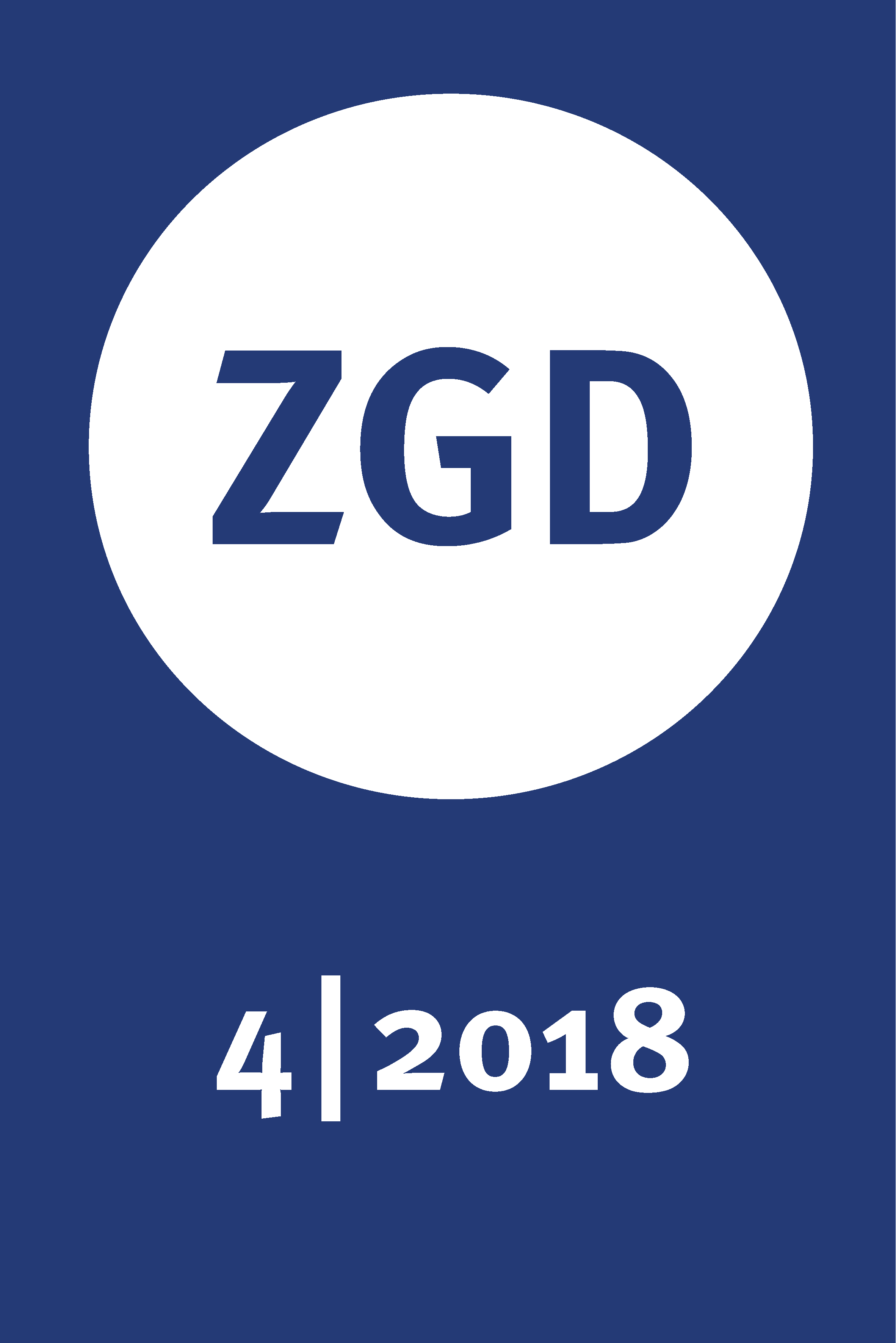On the Suitability of Game-Based Learning Environments for Ethical Judging in Geography Lessons
A Conceptual Comparison of the World Trading Game with the Iterated Prisoner's Dilemma
DOI:
https://doi.org/10.18452/20764Keywords:
World Trading Game, ethical judging, game-based learning environments, prisoner’s dilemma, game theoryAbstract
This article examines whether the game-based learning environment of the World Trading Game (WTG) is suitable for initiating ethical judgment in Geography lessons, although the game’s objective encourages the maximization of economic profit. In a first perspective, it will not only be pointed out that the game’s concept as such has strong ethical implications, but also that the WTG stands up to a list of criteria which has been deduced from normative demands in the competence area of judgment/evaluation as well as from empirically reconstructed research results on ethical judgments. The second perspective involves a conceptual comparison of the WTG with the iterated prisoner’s dilemma, which Axelrod (72009, orig. 1984) extensively researched quantitatively. This clearly shows that games with several rounds, whose exact number remains undetermined, are considered to be non-zero-sum games in which cooperation is the most promising strategy. The combination of both perspectives leads to the realization that the aforementioned tension is ultimately only an alleged conflict and that the WTG is particularly suitable for initiating ethical judgment in Geography lessons.
Downloads
Published
How to Cite
Issue
Section
License
Copyright (c) 2019 Journal of Geography Education

This work is licensed under a Creative Commons Attribution-NonCommercial-NoDerivatives 4.0 International License.







